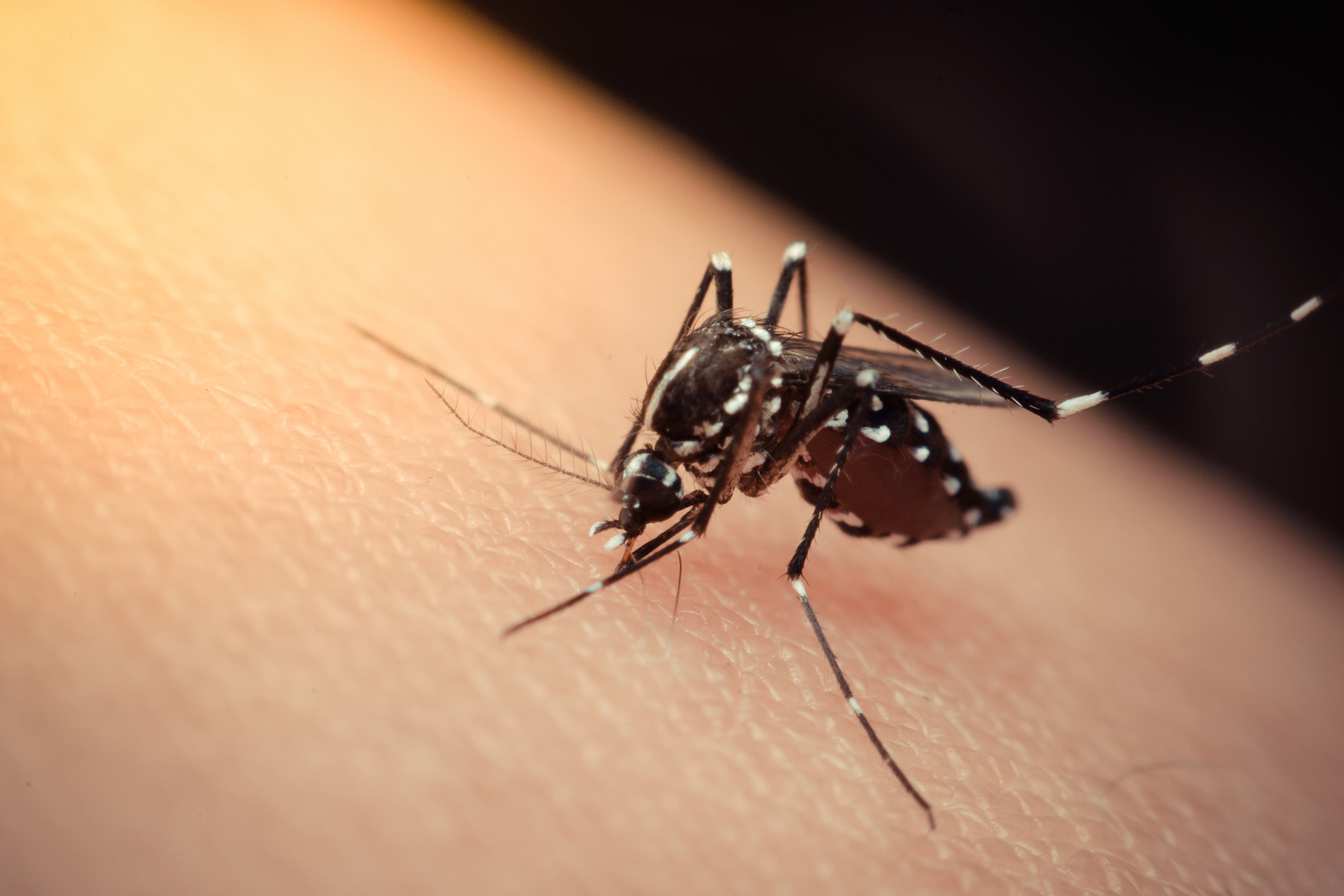
Study: Suppressing fear during a health crisis can make it worse
During a public health crisis or disaster like the recent outbreak of the Zika virus, many may try and suppress their fears and concerns as a coping mechanism.
However, a new study found that this is counterproductive and that stifling fears and stress can be almost as detrimental as the events or diseases themselves.
Researchers from Penn State University found that pregnant women who suppressed their fears and anxieties during the Zika outbreak were only setting themselves up for a cycle of suppression and fear leading to higher levels of fear later on.
The Zika outbreak worked as an excellent model for the study because the media attention the outbreak garnered created a wave of panic among pregnant women in the United States due to the potential birth defects that the Zika virus could cause.
The study was published in the journal PLOS ONE.
“It turns out that not only is suppression ineffective at handling fear, but it’s counter-productive,” said James Dillard, a member of the research tea, “It creates a cycle of fear — and it’s a vicious cycle.”
Unfortunately, fear suppression is a popular management strategy that people use when faced with fearful and overwhelming situations. Avoiding bad news, arguing with current news, and trying to reappraise the situations are other strategies people use.
The researchers found that none of these actually help with fear management but suppression actively increases fear and creates more health problems along with it.
“When people become frightened there are some good things that can happen — they search out information, they get politically engaged, they might engage in self-protective behavior — but when people get really scared, it’s harmful for them,” said Dillard. “Stress hormones pour out and staying in that hyper-vigilant state — fear — is also resource intensive.”
For the study, 1002 women between 18 and 35 from states that were said to be in range of Zika carrying mosquitoes participated in the study.
The women were given surveys that covered fear responses and management during the months following when Zika was declared an international health emergency by the World Health Organization.
After analyzing the results, the researchers offered some potential solutions for mitigating public fears, including staying ahead of the outbreak or disaster and offering as much quality information as possible to the public about the crisis.
The researchers also said that it’s important to inform the public about the health impacts of stress and fear in an effort to immunize against fear suppression and fear cycles.
“The other thing we can do that hasn’t been done is we can warn people that they may become frightened to inoculate them against that emotional response,” said Dillard.
—
By Kay Vandette, Earth.com Staff Writer













